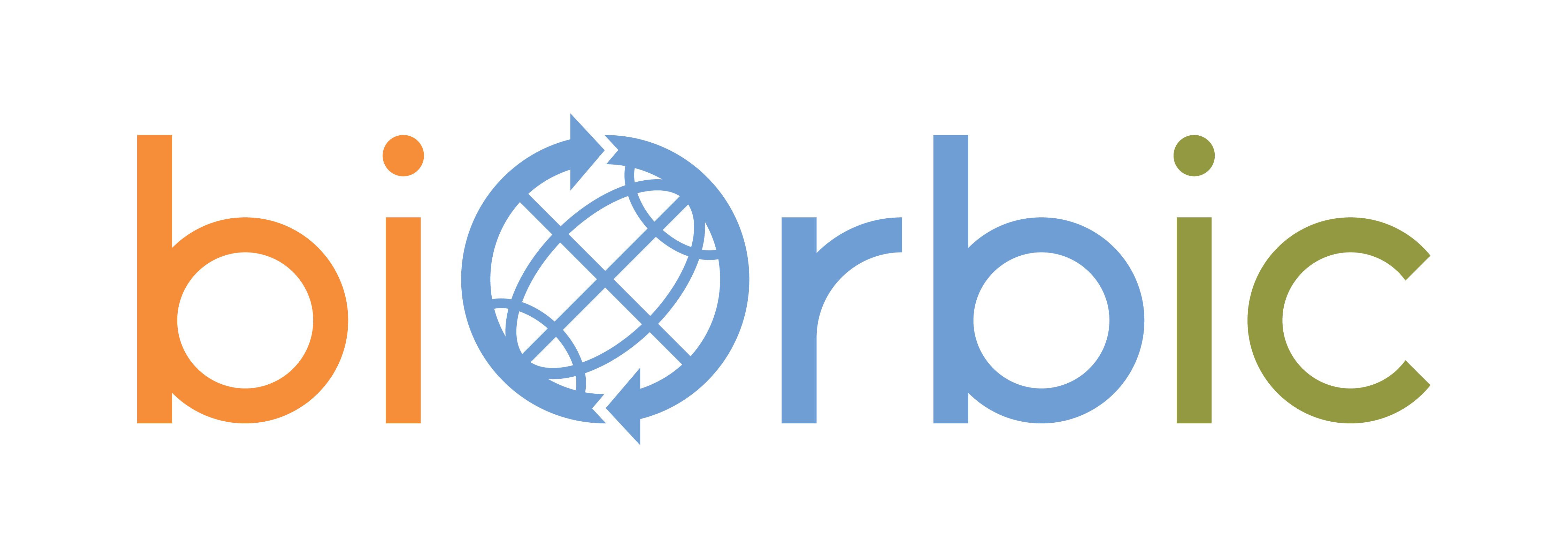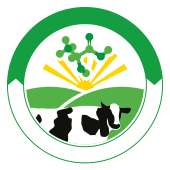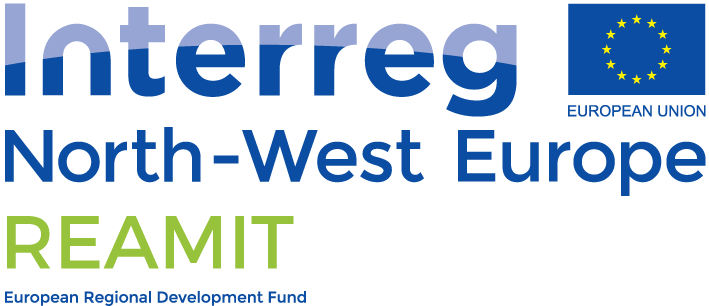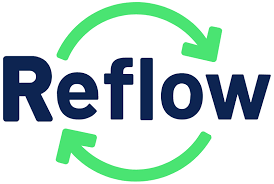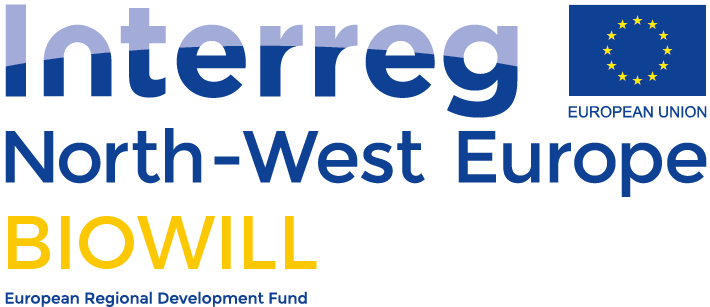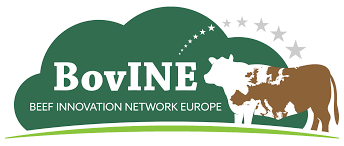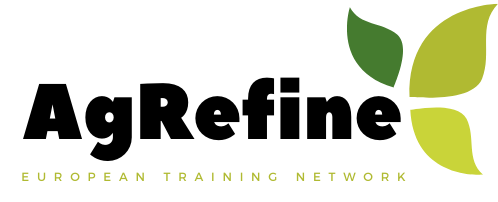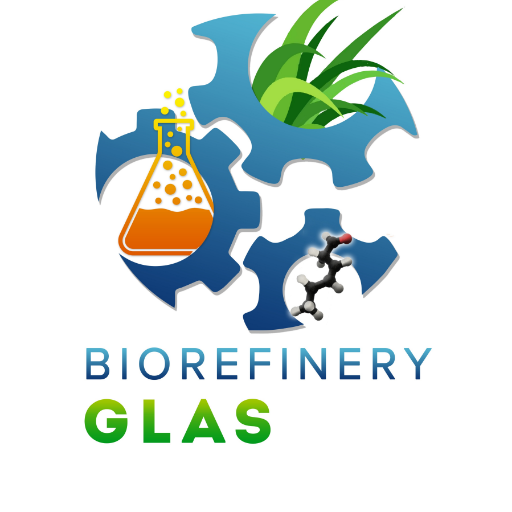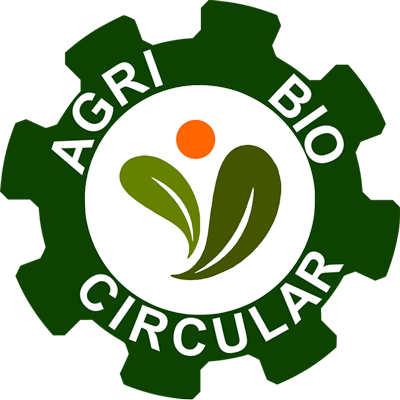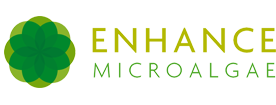Funded Research
In addition to our core research programme, our researchers (and partners) also lead and are actively engaged in other linked funded projects and programmes key to developing and strengthening the bioeconomy.
Funded by Horizon 2020 BBI-JU
Dairy processing sidestreams lack effective, reliable disposal routes. From a sustainability perspective, this presents a challenge, particularly in the light of the EU’s ‘post milk quota era’. The AgriChemWhey project proposes to convert these sidestreams into added-value products – specifically L-Lactic acid, polylactic acid, minerals for human nutrition and bio-based fertiliser – for growing global markets. In the process, it will develop a blueprint for an economic sustainability model that can be replicated throughout Europe.
Funded by Horizon 2020 BBI-JU
The SpiralG project aims to build an algal biorefinery on a demonstration scale. Microalgae are also among the fastest-growing plants on Earth, capable of doubling or even trebling their biomass daily. SpiralG will take one of these microalgae and use it to produce several metric tonnes of phycocyanin per year. Phycocyanin is a pigment widely used in the pharmaceutical, cosmetic and food industries.
Funded by Interreg NWE
The REAMIT project proposes to adapt and apply existing innovative technology to food supply chains to reduce food waste and hence improve resource efficiency. REAMIT will adapt existing Internet of Things and Big Data technologies to best fit the needs of the food supply chain management system. REAMIT project will save 1.8Mt of food waste or €3B per year in NEW and support 20 enterprises. The long-term effects of REAMIT will be optimising (re)use of food and natural resources in NWE economies.
Funded by World Universities Network Research Development Fund
The project seeks to bring insights on co-designed innovative solutions for inclusive and sustainable urban environments through: (i) efficient municipal solid waste (MSW) management and, (ii) value creation from waste. The project aims to share knowledge on diverse issues in different cities to build collective insight on the nature of possible transition pathways to a circular economy as well as explore possible cooperation pathways between Europe and emerging and developing countries, to contribute transitions to a circular economy.
Funded by Horizon 2020 MSCA
REFLOW focuses on the recovery of phosphorous from dairy processing waste water and its recycling into fertilizer products enabling sustainable expansion of the dairy industry in Europe. 13 Early Stage Researchers will be recruited in a network of 10 beneficiaries and 14 partner organisations.
Funded by Interreg NWE
The BioWILL project aims to develop a zero-waste willow biorefinery model that will utilise all fractions of the feedstock to maximise economic benefits. The project will apply a cascading system of treating willow to first produce high value salicylates for medical applications from the bark. The bark-free willow pulp will be converted into food safe quality packaging material. The bark residue will then be used as a feedstock for producing biogas. Residues will be used as natural fertilisers, and the end-of-life packaging will be also used as a feedstock for anaerobic digestion.
Funded by Horizon 2020
The BovINE Thematic Network will tackle urgent sustainability challenges faced by beef producers by bringing together beef farmers, farming organisations, advisors, researchers to close the divide between research and innovation in Europe. Through driving effective cooperation between beef producers and researchers, BovINE will form a transnational ecosystem to stimulate knowledge exchange at international level to boost the economic viability and sustainability of the European beef-producing sector.
Funded by Horizon 2020 MSCA
This AgRefine European Training Network (ETN) will provide 15 Early Stage Researchers (ESRs) with the necessary skills and knowledge to position Europe as the global leader in developing an agri-bioeconomy industry based on advanced biorefinery technologies. The network will combine assessment of legislation and policy as it applies to the bioeconomy, with industry-led innovation of AgRefine technology, and market-led experience of sustainable value chain creation.
Funded by Horizon 2020 MSCA
The Chinese-European MIX-UP is an industry-driven consortium that addresses the market need for novel sustainable routes to valorise plastics waste streams. In MIX-UP, plastic mixtures with five of the top six fossil-based recalcitrant plastics along with upcoming biodegradable plastics (PLA, PHA), will be used as feedstock for microbial transformations, thereby generating a workflow that increases the recycling quota and adds value to poorly recycled plastics waste streams. MIX-UP realises a circular (bio)-economy and could be a viable alternative for mechanical and chemical recycling.
Funded by Bio Based Industries Joint Undertaking under the European Union’s Horizon 2020 research and innovation programme
ICT-BIOCHAIN main objective is to identify opportunities for ICT to increase the efficiency of biomass supply chains for the bio-based industry.
Funded by Science Foundation Ireland
A national platform for comprehensive molecular analysis (CMAP) underpins chemistry, the bioeconomy, and precision oncology research by creating critical access to cutting-edge infrastructure. CMAP will not only enhance Ireland’s competitiveness to participate in and lead international research, it will also support research in national priority areas, contributing to a more sustainable environment, better healthcare, and the creation of high-quality jobs.
Funded by Science Foundation Ireland
The agricultural sector is the major contributor to the overall greenhouse emissions in Ireland and is currently in the process to incorporate environmental considerations in parallel with looking for new valorisation paths for agricultural waste. This project addresses the potential transformation of agri-waste into high value, low carbon products by analysing and enhancing current and emerging agri-waste supply chains. It is envisaged that this project will contribute to the economics of waste management and enhance the Irish bioeconomy.
Funded by Department of Agriculture, Food and the Marine under the Rural Development Programme 2014-2020
Biorefinery Glas is a European Innovation Partnership (EIP) Operational Group funded by Department of Agriculture, Food and the Marine under the Rural Development Programme 2014-2020. Led by the Institute of Technology, Tralee, Biorefinery Glas has a total of 5 partners including the Barryroe Co-operative, the Carbery Group, GRASSA B.V. and University College Dublin. Biorefinery Glas is a first demonstration of small-scale biorefinery in Ireland, supporting development of new business models and farmer diversification into the circular bioeconomy. Biorefinery Glas is a first step towards changing the role of farmers in the bioeconomy, from suppliers of biomass to producers of finished and semi-finished products.
Funded by Sustainable Energy Authority of Ireland
ABC Economy targets waste streams arising from food production / processing and forestry in Ireland in order to develop new bio-based products and generate energy.
Funded by Sustainable Energy Authority of Ireland
Enhancing and Assessing the Impact of Novel Circular Economy Sectors in the bioeconomy assesses the impact of novel circular economy sectors within the Irish biomass bioeconomy and issues in relation to scale-up.
Funded by Environmental Protection Agency
BioPost will develop biodegradable polymer composites that are suitable for packaging applications, which are completely recyclable, compostable and biodegradable. Currently fossil based plastics such as LDPE and PET are widely used as packaging materials. End-of-life of such products has a profound adverse impact on the environment (6 Kg of CO2 per Kg of plastic burnt) and land fill implications (>1000 years life, methane emissions). The development, optimisation and citizen uptake of biodegradable polymer composites that are recyclable and compostable will drastically reduce negative environmental impacts. BioPost will focus on using commercially available biodegradable polymer composites and polymer blends, to develop high performance formulations to ensure the full functionality of packaging films and environmental sustainability. We will produce prototype packaging films on pilot scale and evaluate biodegradability and recyclability of these materials under standard industrial conditions.
Funded by Science Foundation Ireland
Improving human health and discovering new sources of clean energy are among the most pressing challenges we face as a society. We can tackle such challenges by exploring the potential of marine bioresources. We will identify new methods of growing seaweed (aquaculture) to harness alginate for the treatment of osteoarthritis while also harnessing biofuels. We will also test whether cultivated seaweed can protect shellfish from expected changes in ocean chemistry. Seaweed aquaculture offers vast opportunities to mitigate and adapt to climate change and we will quantify the potential role of seaweed farming, thus, transitioning to a low-carbon and climate-resilient society.
Funded by Interreg Atlantic
Microalgae comprise 30,000+ known photosynthetic microorganisms, however, few are used commercially. This natural resource offers a great number of industrial possibilities by exploiting their chemical composition with growth manipulations. At the same time, this complexity can overwhelm enterprises entering this sector due to the great number of variables affecting economic and environmental viability. The Enhancemicroalgae project will contribute to the competitiveness of microalgae-based industry in the Atlantic Area through the transfer of technological and economic expertise to the commercial sector. The consortium offers a wide range of skills and interests, with strong track records for science, production and exploitation of microalgae throughout the Atlantic Area. The main objectives are:(i) to undertake a comprehensive analysis of skills, skill gaps and opportunities in the microalgae sector (industrial/academic); (ii) develop case studies, supported by Decision Support Tools, to increase economic performance and competitiveness with transfer of know-how from academic and technological centers to SMEs; (iii) analyze critical factors of operation from an environmental point of view; (iv) incorporate nanotechnology/new technologies (emerging and/or transferred from other sectors) to microalgae sector; and (v) encourage the creation of spin offs and self-employment.
Funded by Environmental Protection Agency
The Irish Nutrient Sustainability Platform is founded on the principle that waste is a valuable resource of nutrients, energy and other high-value products. Our mission is to promote sustainable nutrient management on the island of Ireland in the context of the United Nations Sustainable Development Goals Agenda. The Platform seeks to enhance economic prosperity, whilst safeguarding the environment, by supporting the implementation of a nutrient circular and sustainable society, through stakeholder co-operation, value chain development, corporate responsibility, education, technological innovation, knowledge exchange and informing policy.
Funded by Environmental Protection Agency
Funded by Disruptive Technologies Innovation Fund
